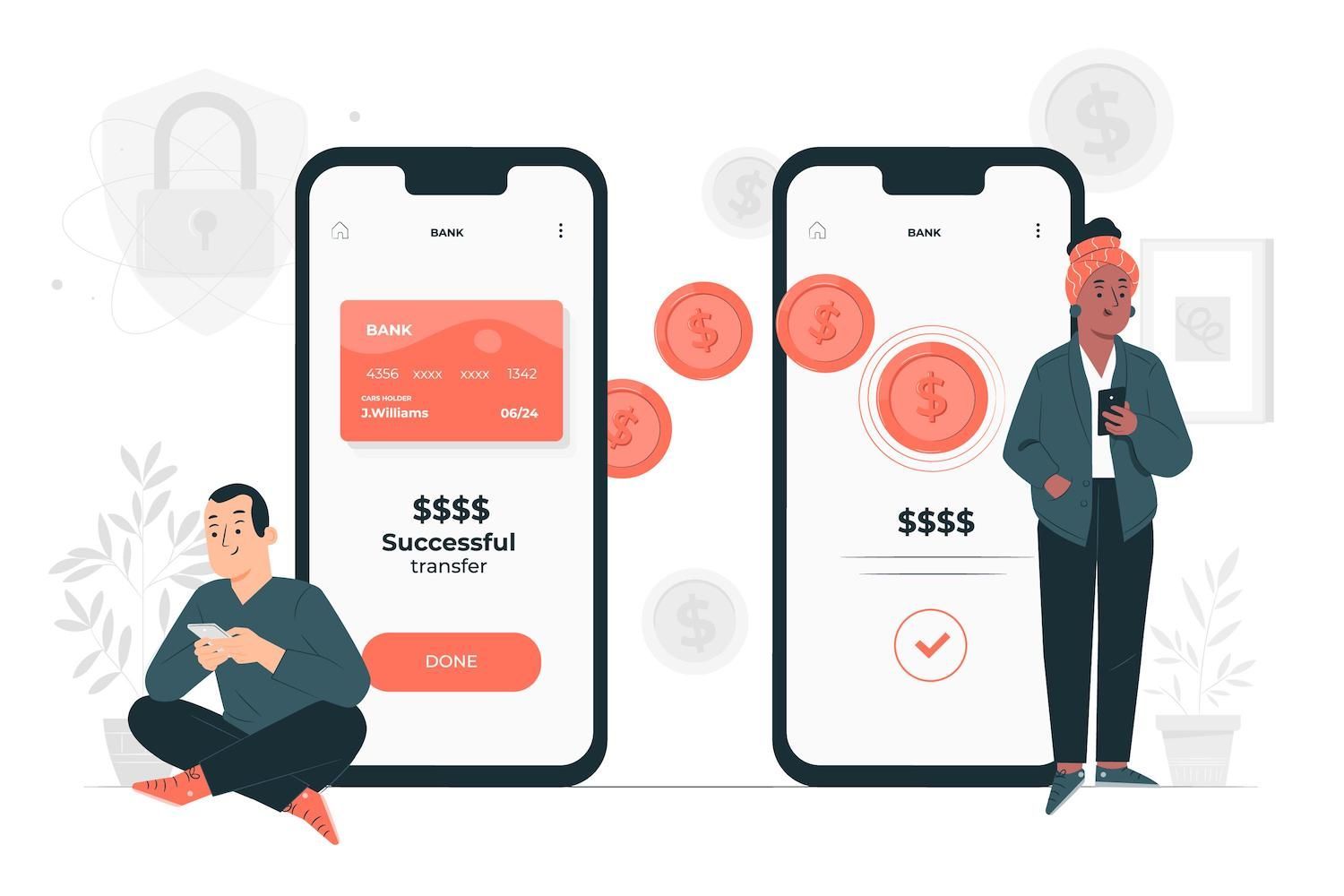Is what Epic would like to see for App Stores Other Game Developers Really Need? -
When mobile app and game developers gasp for air under a duopoly-tax that is slashing 30% to almost all mobile game revenue worldwide, Epic Games has emerged as the leading gaming company fighting for open computing on mobile.
privately asked large and small studios to show games that had the features the features they are looking for in a game, and this is what they wanted to see.
Background: The slow demise of Open Computing, and the 30% App Tax
Computing has never been more accessible than it is today. For many years, game and software developers have been relying on open computing on PC as well as Mac platforms since it's allowed game developers to design their games any way they wish, maintain an intimate relationship with their customers and select payment options which meet the needs of their users. The gatekeepers weren't there, just a computer players, and a game. Today, the world is changing.
Today, over half of the time spent on screens for computing is spent on mobile devices, a share that is increasing - as well as nearly 100% of smartphone market share is shared by Apple as well as Google. Due to the dominance of mobile market share as well as the encroaching restrictions on distribution of games and online commerce, the globe that is open to computing in danger more than ever before, and is resulting in huge costs to users in addition to app and game developers.
As an example, in both cases, Google as well as Apple's apps stores require a 30% fee on sales of games and other game-related items that are distributed on the respective platform. Apple is the sole control over the distribution of games and commerce through iOS devices. Google lets OEM marketplace apps and loading mobile games using sideloading, but severely restricts in-game third-party payments for games made available through Google Play.
Google Play does offer a integration of payments that third-party companies can use only a few game creators by way of the " user choice billing" trial, however "user choice billing" is a costly annual marketplace fees of 26% even if you use your own payment provider and you take all the risks and obligations to comply with payments.
The result of Apple and Google's control of such a significant portion of the world's computing is that they have a 30 percent tax on mobile apps and games. This tax is paid by players, but held back from developers of games, which hinders access to computing for free as well as online shopping. Due to this monopoly over free computing, developers of games both small and large believe that it is time to make modifications.
What are the thoughts of game developers who don't Epic
The staff at the company embarked on a months-long quest to speak with game developers large and small regarding what they want to see happen regarding mobile app store policies. Though not all agreed on all points, here are three of the most talked about things they told us they were looking for:
1. iOS to support sideloading games that do not display scare screens.
iOS is long-time restricted to "sideloading" games and apps that are downloaded outside from the App Store, from the website of the developer or alternative marketplace. Sideloading allows players to buy and developers to promote and distribute games however they choose and which players are willing to accept. Android lets sideloading apps as well as games, but only with the dreadful warnings referred to as of "scare screens" which warn users of smartphones about the dangers of "downloading applications via the internet." Many of the game developers who we talked to believed that Apple should allow sideloading, and it's crucial that Apple as well as Google don't use excessive self-serving screens that disparage software distribution beyond their app stores.
2. Provide Unlimited "steering" and embedded payment via third-party payment systems.
Both Google as well as Apple put strict limitations on pricing as well as purchases made through other payment services outside of the apps stores. Similar items could be available for an affordable cost for the consumer However, game developers are not able to guide their players towards those alternative options, or provide hyperlinks to other shopping experiences or integrate the third-party experience buying into their game. Many game developers have discovered the benefits of the transactions that are made via app stores, the overwhelming choice was to offer players and developers to decide whether or not to stay away from payment limits and integrating them into their games.
3. A 0% cost for steering and embedded payments.
Offering steering or embedded payments are a different matter, but similar to what we've seen in the Google "user preferred billing" pilot, having the capability to make a change and having the financial incentive to do it are two different factors. The pilot of "user billing options" with a staggering 26% fee for transactions from third party payment service providers, combined with the costs the service providers pay, it equates to a zero benefit to most game developers. The game designers we talked to thought that a 0% fee was a reasonable amounts for transactions outside of the store for apps. The majority of them seemed for an amount of payment to app stores to encourage game's download and the adoption. Of course, the fact that an amount of 26% of every transaction processed by a third-party is far from what creators thought was fair.
What's next?
There are other nuanced wants around how applications function, that game developers would like to be informed about, these three desires are the basis of what they think would be the most significant changes to open computing for mobile devices.
About

David Nachman David is the director of the company, which is the most trusted ecommerce service provider for software businesses. David is responsible for managing the business's development the foundation of its experience and success in providing top-of-the-line solutions for the ever-growing marketplace of software. Prior to and over the past 20 years David was in a variety of roles from functional vice presidents up to CEO positions in companies with high growth, including Vision, Velocify, and HireRight.
Article was posted on here
